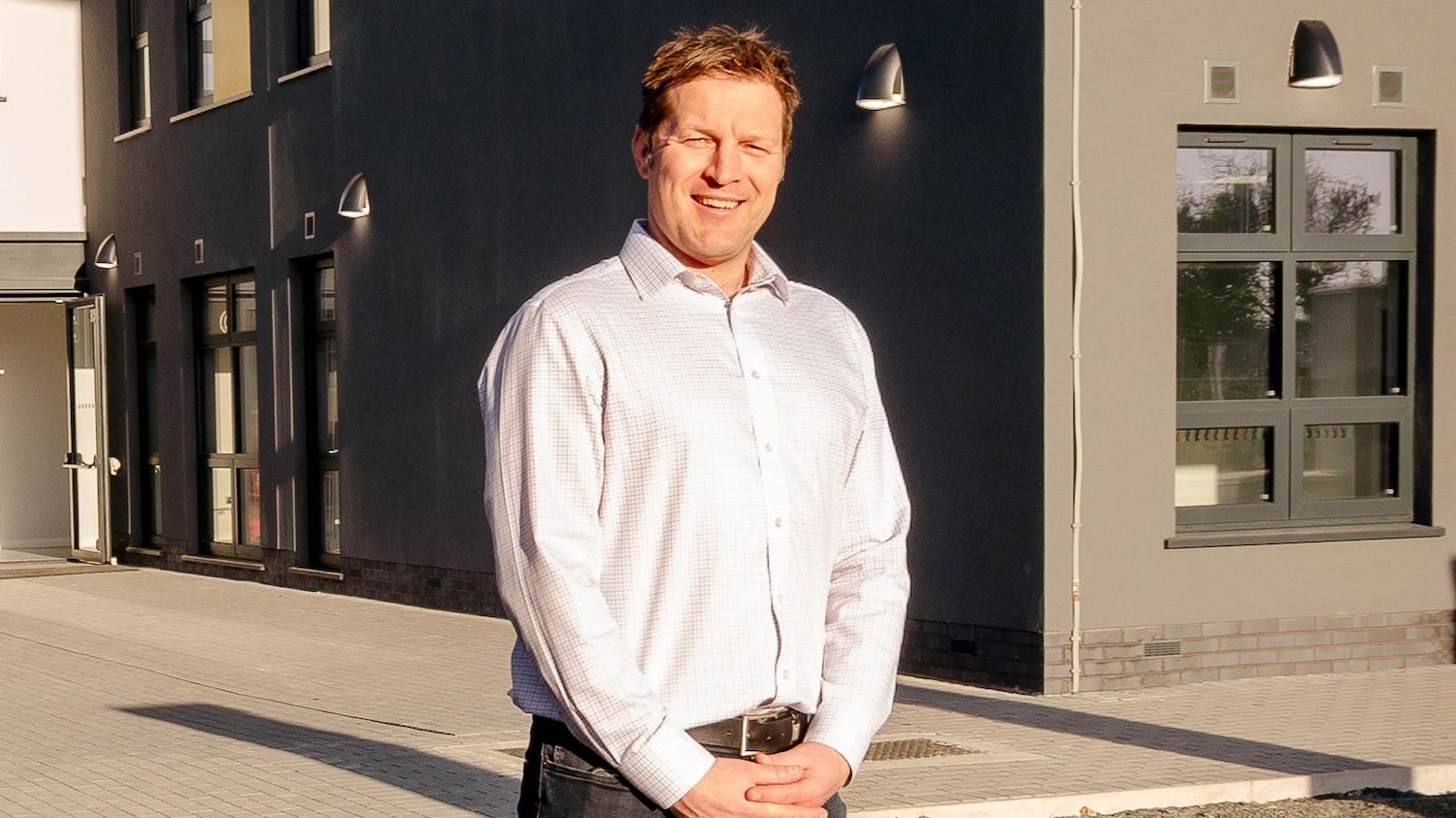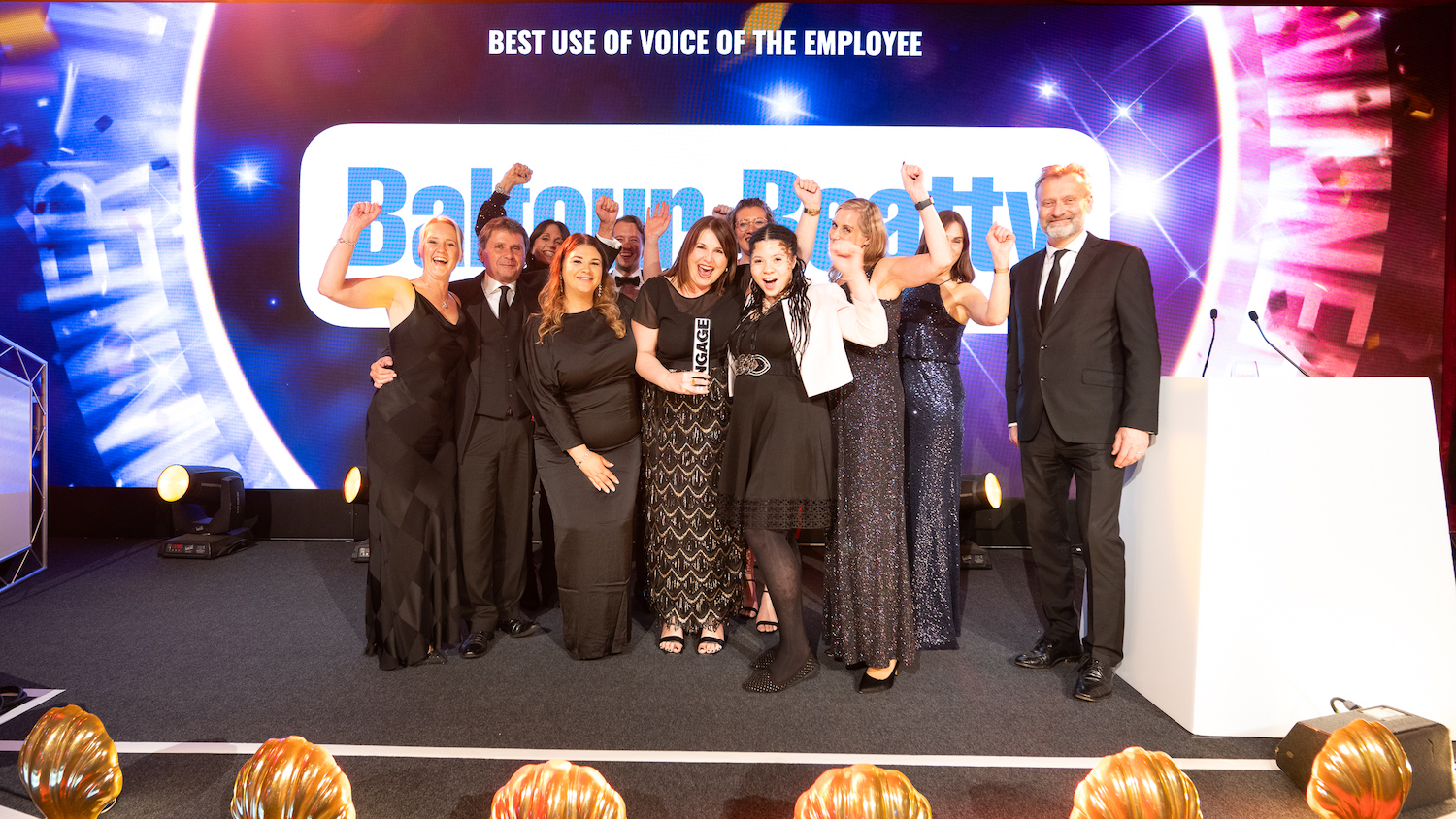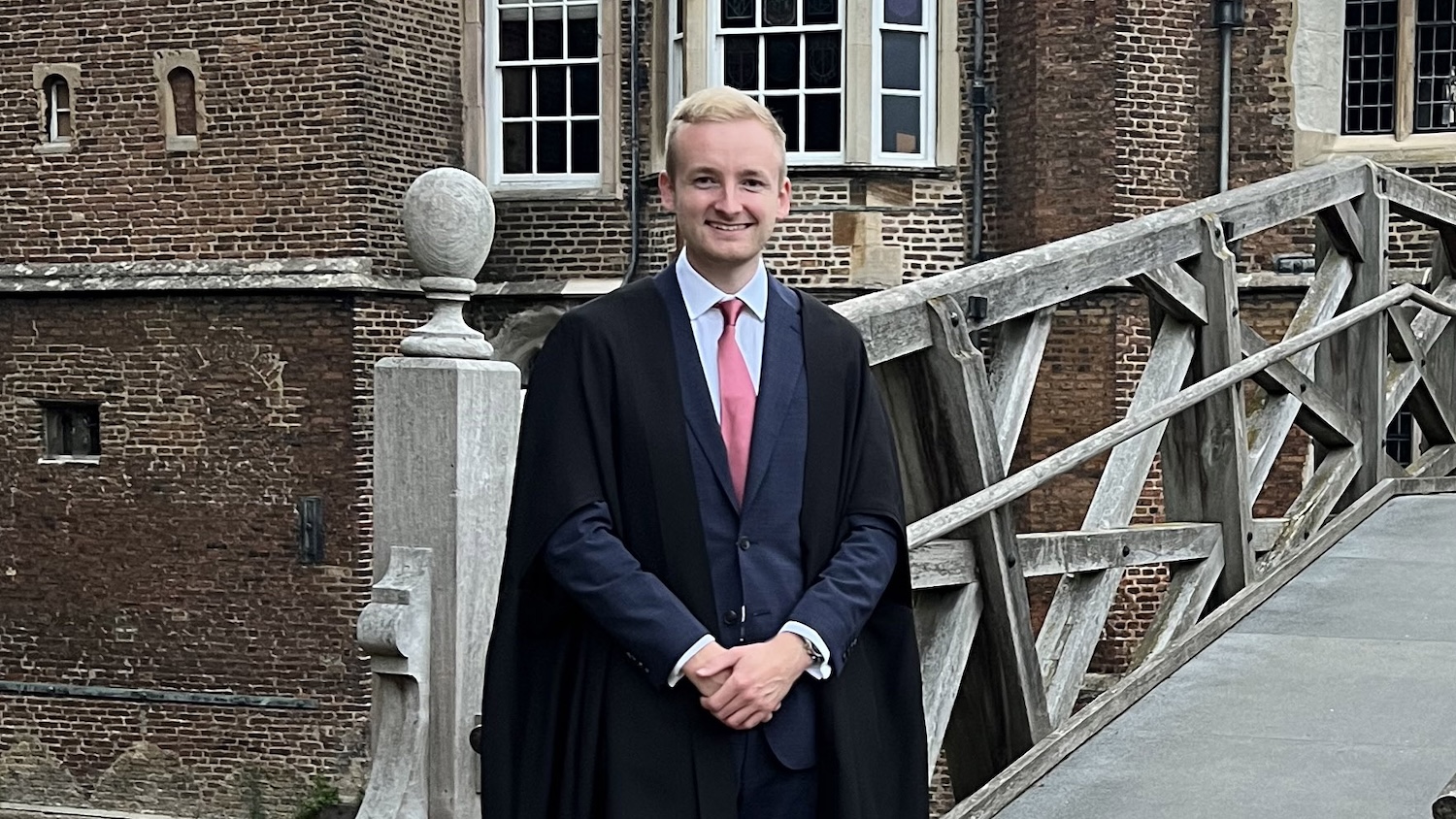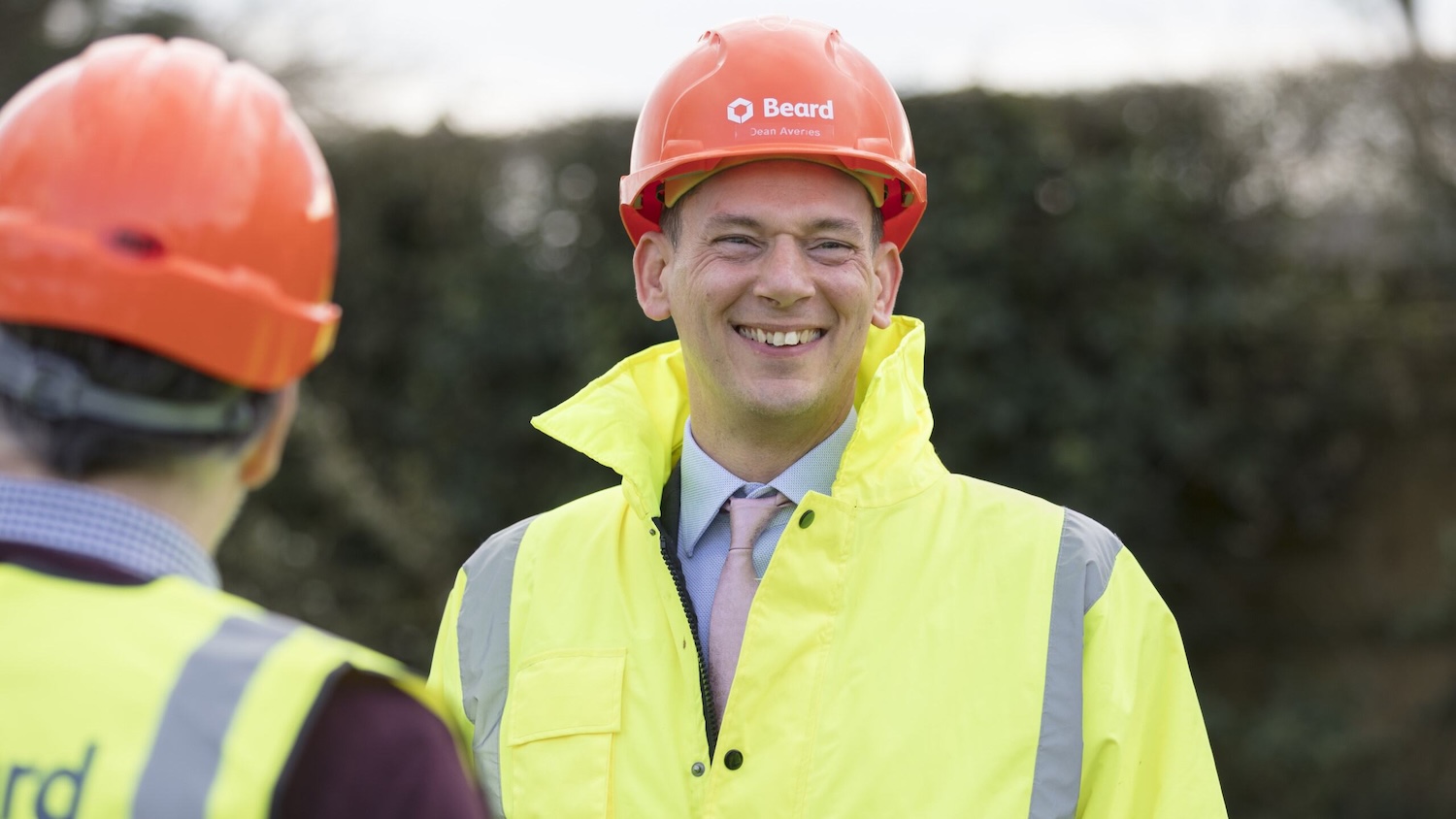
Job spotlight: Derryn Rolfe, construction solicitor
As a construction solicitor with a background in engineering, understanding how industry works is a valuable asset when dealing with complex contracts
What is a typical day in your role?
Most of my time is spent either on the phone or drafting contracts.
My job is to understand a project and what the client wants to achieve, and then to put that into a series of agreements that record the deal and set out what happens and who does what, both if the project runs smoothly and if it doesn’t.
What I most love about my job is getting a handle on what the issues are and coming up with sensible solutions to manage the various risks.
The risks can vary from physical problems – uncertain ground conditions or innovative build ideas – through to commercial matters such as time criticality for the client to occupy a building or having a production facility running for the product to meet a market window.
Or there can be purely financial concerns such as ensuring that lenders or investors get the security they need without their requirements causing costs to skyrocket.
What skills do you need for your job? How do you keep them updated?
The three most important things are an understanding of how the industry works, an understanding of contract law and the ability to write clear and unambiguous English.
The three most important [skills for my job] are an understanding of how the industry works, an understanding of contract law and the ability to write clear and unambiguous English
The first two originated in my various undergraduate and postgraduate studies and professional qualifications.
I keep on top of them by being interested – by listening to and reading various professional and industry newsfeeds and publications, and talking to people who are experts in their field.
I’ve been in private practice for 24 years and I never stop finding out new things.
Why did you decide to move from materials engineering to construction law?
It was pure happenstance. I was working in engineering when I was sent to a meeting, standing in for my boss, about drafting engineering contracts.
I discovered that the standing-in was permanent, and that the work included giving advice to the industry on the contracts.
As I was completely unqualified to do so, I went off to night school to do A level law to learn some basics. The teacher was outstanding and by week two I had decided to change career. I’ve never regretted it.
What is the most challenging aspect of your job and what is the most rewarding?
The most rewarding bit is unquestionably knowing that the contractual structure and documentation for a project are properly set up with no gaps, no overlaps and no inconsistencies, so that when challenges arise on site there’ll be no questions about who needs to do what to sort it out without a fight.
The thing I find most difficult is people negotiating contracts without understanding that to take on a risk the party has to be able to remove, reduce or manage it. If they are forced to accept risks they can’t control, then that’s when problems happen.
What are your work values?
That’s easy: above all, the client comes first. My job is not to tell them what they want to hear, but what they need to know.
• Derryn Rolfe is a consultant at Roythornes Solicitors.







